Int’l Day to End Sexual Violence in Conflict puts widespread Sudan atrocities in focus
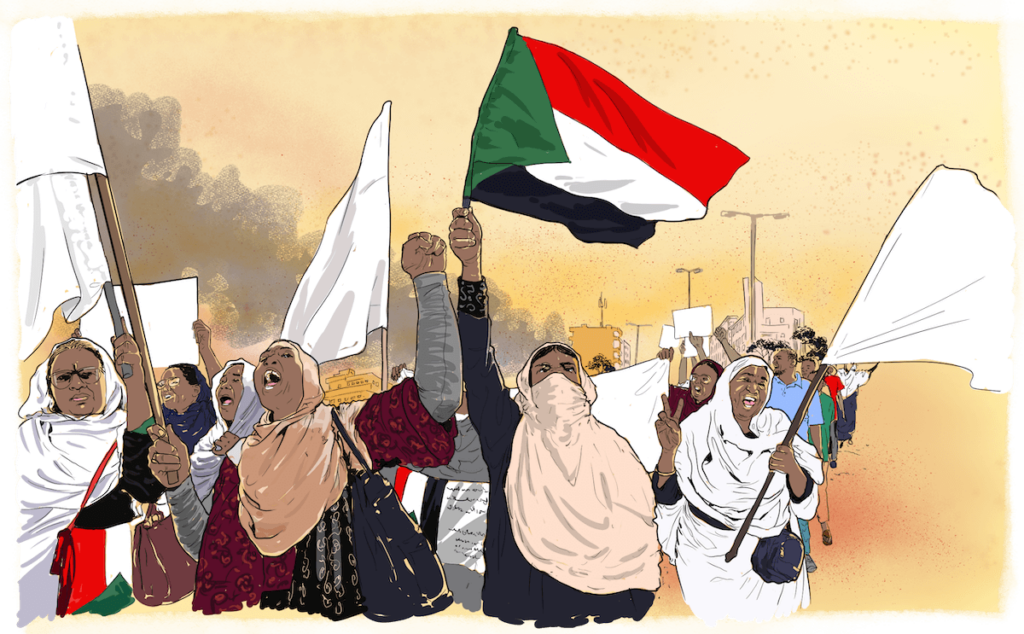
Illustration by Michael Lusaba for UN Women
As Sudan’s war extends into its third year, women and girls are facing unprecedented levels of violence and displacement, with armed groups systematically using sexual violence as a weapon of war. On the International Day for the Elimination of Sexual Violence in Conflict, the story of a small group of women, now sheltering in eastern Chad, offers a glimpse into the broader reality of many Sudanese people.
These women are the counsellors of Team Zamzam, a group once dedicated to addressing the psychological trauma of survivors in North Darfur’s sprawling Zamzam camp. Today, they are refugees themselves. Their former haven, once home to half a million people, was effectively obliterated in a series of attacks in April. The counsellors, like the survivors they aided, were forced to flee for their lives.
The attack on Zamzam camp in April, led by the Rapid Support Forces (RSF), resulted in significant fatalities and mass displacement. In a statement on April 13, Relief International reported that “heavily armed militants stormed a Relief International clinic and brutally killed nine of our brave and dedicated colleagues,” later confirming two more deaths from injuries.
Veteran Sudan researcher and analyst Professor Eric Reeves, who co-chairs the Team Zamzam project, told Radio Dabanga that this represents a continuation of a two-decade strategy in the region. “Since the beginning of genocide in Darfur in 2003, brutal sexual violence has been continually deployed as a weapon of war against non-Arab Darfuri women and girls — first by the Janjaweed and SAF, now by the Rapid Support Forces of Hemedti and allied Arab militias,” Reeves told Radio Dabanga. He noted that this violence has been “fully continuous,” even as news reporting and international humanitarian presence have diminished after 2009.
Now displaced, the team is working to regroup (see new pictrures below). “While one counsellor remains missing, nine members of the team have reached Tina Jagraba on the Chadian side of the border,” Reeves explained. He confirmed they plan to reorganise their humanitarian efforts there, having secured a communal dwelling near the large Iriba refugee camp. Their mission continues as they face a new wave of afflicted women and girls, including some who have been assaulted after crossing into Chad.
A weapon of war
Experts have repeatedly labelled sexual violence in Sudan as a calculated tactic of degradation and control. “Sexual violence is often used as a weapon of war against children to terrorise them, spread fear and intimidation for political and military gain, to ethnically cleanse or humiliate an ethnic group, or to punish civilians for suspected support of opposing forces,” the Combating Violence Against Women Unit said in July 2023.
“The trauma it inflicts can have long-lasting physical, psychological, social, and economic effects. The brutality of the physical act itself can be especially damaging for children whose bodies aren’t fully developed. Girls might suffer uterine prolapses, fistula, and other injuries to their reproductive system, and face complications and death due to early pregnancy and unsafe abortions. Both girls and boys risk urinary and anal damage, and exposure to sexually transmitted diseases that, left untreated, can cause long-term harm and even death.”
As Radio Dabanga has extensively reported, rape, and physical enslavement are central tools of this war. Amnesty International accused the RSF of using rape and sexual slavery to humiliate and displace communities, detailing acts that amount to war crimes in an April report.
Humanitarian organisations on the ground corroborate these accounts with alarming data. Between January 2024 and March 2025, Médecins Sans Frontières (MSF) cared for 659 survivors of sexual violence in South Darfur alone, 94% of whom were women and girls. The UN Children’s Fund (UNICEF) has documented the rape of infants as young as one. A survivor quoted in a United Nations Population Fund (UNFPA) report described her detention in Khartoum in late 2024, stating, “I witnessed unimaginable horrors. When the officers left, the soldiers would begin raping prisoners. They would take young women out into the yard, and all night long we would hear the screams of girls and women.”
In an address to the Human Rights Council yesterday, Sudan’s Attorney General El Fateh Tayfour reported that the government documented 1,392 cases of rape committed by the RSF, requesting that the international community designate it as a terrorist organisation.
This campaign of sexual violence is occurring within a broader humanitarian collapse. Clementine Nkweta-Salami, UN resident and humanitarian coordinator in Sudan, warned this week that “over 30 million people need humanitarian assistance. This is not just a crisis of numbers – it is a crisis of humanity. Hunger is deepening. Health systems are in collapse. Water is scarce. Education has come to a halt for millions of children. Sexual and gender-based violence has soared.”
As the world marks the International Day for the Elimination of Sexual Violence in Conflict, this year’s is “breaking the cycle, healing the scars”. The United Nations has urged the global community to “stand in solidarity with survivors and ensure accountability for these horrific crimes.”
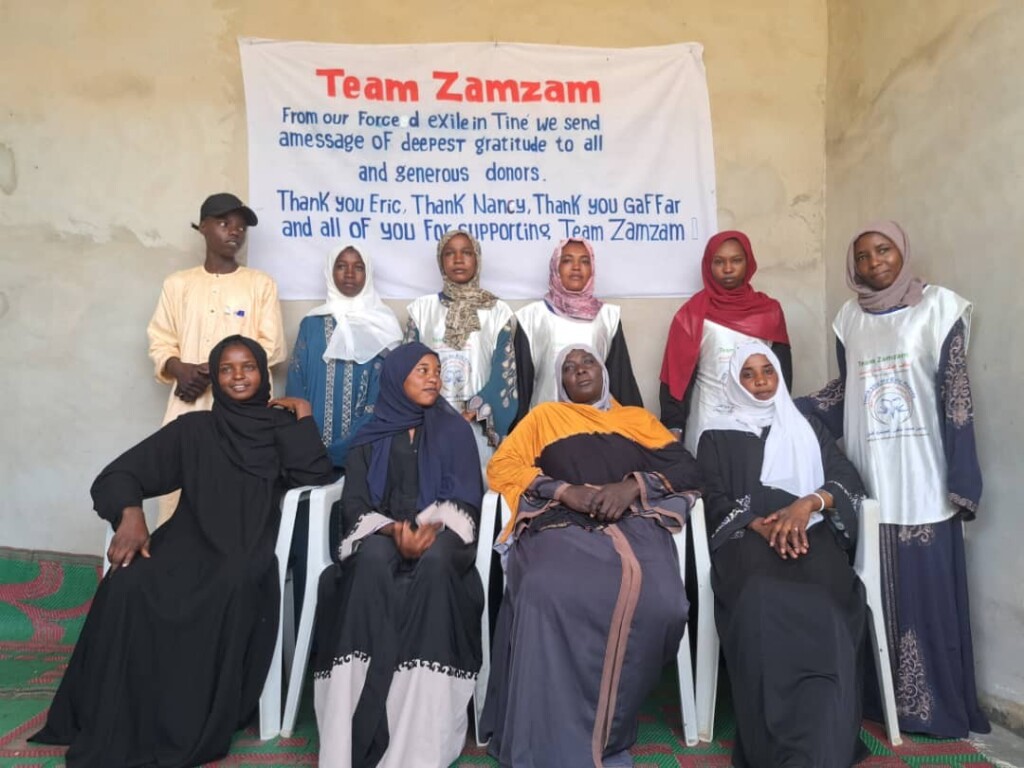
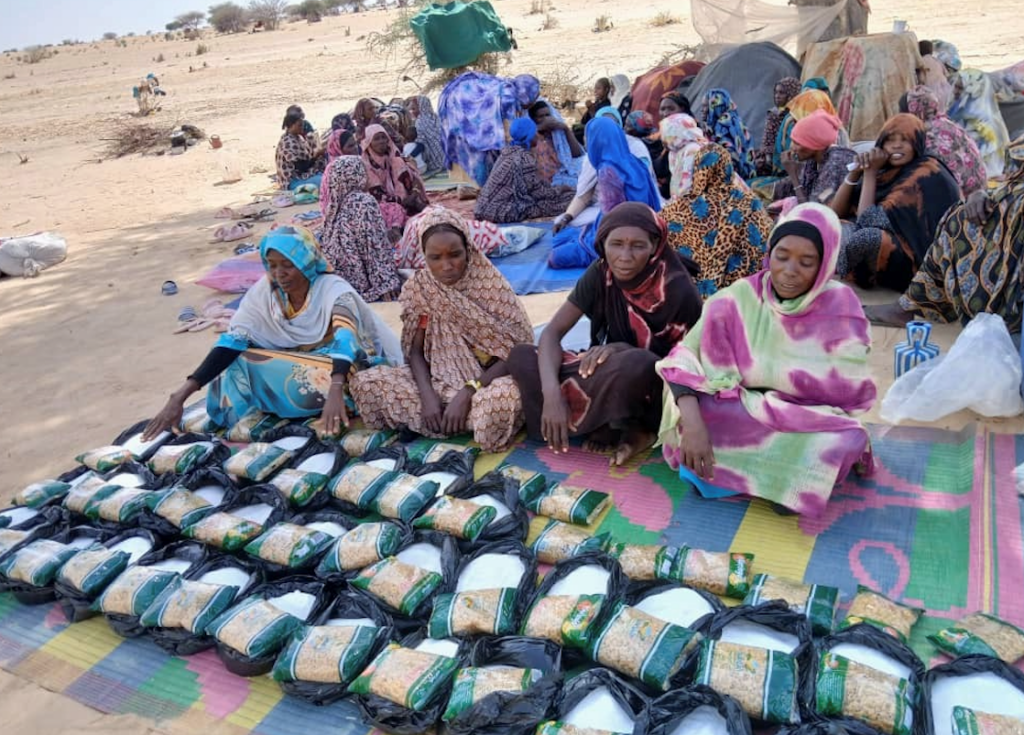







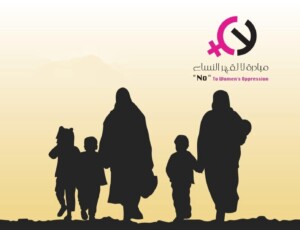

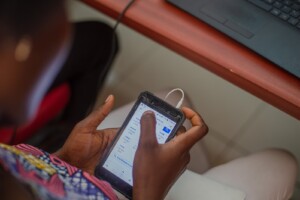

 and then
and then